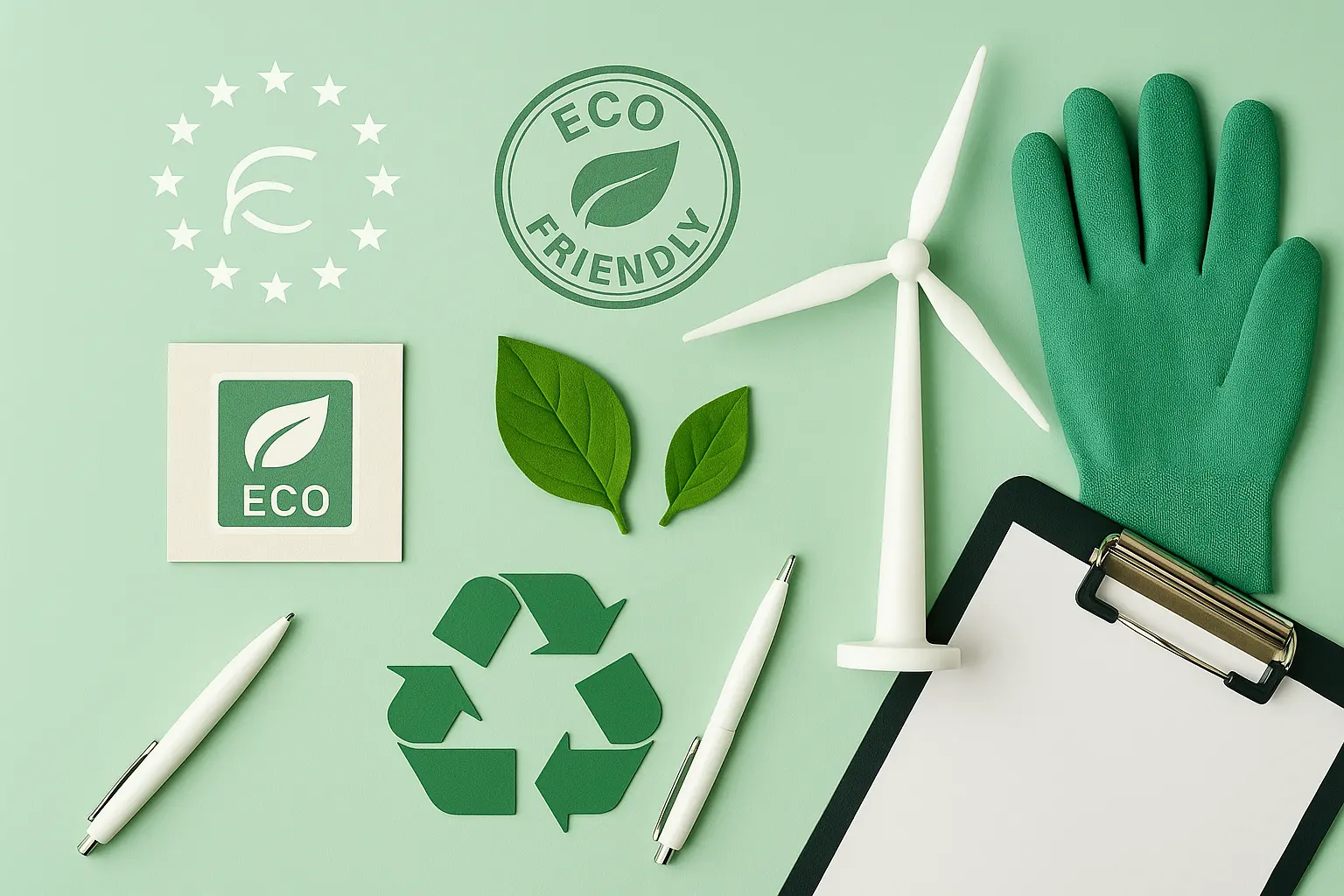Wildlife Protection Certification
In today's world, sustainability and eco-friendly practices have become paramount as industries strive to minimize their environmental impact. Wildlife protection certification plays a crucial role in this pursuit by ensuring that products and processes do not harm or exploit wildlife. This certification is particularly important for sectors like manufacturing, agriculture, and consumer goods where there is significant interaction with the natural environment.
The certification process involves rigorous testing and evaluation to ensure compliance with international standards such as ISO 14064-2, which focuses on greenhouse gas inventories and reporting in the context of projects. For wildlife protection specifically, organizations like the International Organization for Standardization (ISO) provide guidelines that help companies assess their impact on local ecosystems.
Quality managers and compliance officers are often tasked with implementing these standards within their organizations. The process typically begins by identifying potential risks associated with product development or manufacturing processes that could affect wildlife habitats. This includes evaluating raw material sourcing, production methods, packaging materials, and disposal practices.
R&D engineers play a key role in developing new products while adhering to these stringent regulations. They must consider how changes in formulation might impact wildlife populations during the early stages of product development. Similarly, procurement teams need to ensure that suppliers adhere to similar standards throughout their supply chains.
Once identified, potential risks are then mitigated through various measures such as selecting alternative materials with lower environmental impacts or modifying production processes so they have less direct contact with sensitive areas. Compliance officers ensure that these changes comply with both local laws and international best practices outlined by bodies like the United Nations Environment Programme (UNEP).
The certification process itself involves several stages, including initial application, audit visits to assess current operations against set criteria, and final verification of compliance. A successful certification not only enhances an organization’s reputation but also provides tangible benefits such as reduced regulatory costs, increased market share among eco-conscious consumers, improved employee morale due to corporate social responsibility initiatives, and enhanced brand value.
In summary, wildlife protection certification is essential for any industry that interacts with natural environments directly or indirectly. By adhering to rigorous international standards, companies can minimize their ecological footprint while maintaining profitability and customer satisfaction.
Benefits
- Enhanced Reputation: Gain recognition for your commitment to environmental stewardship.
- Increased Market Share: Attract environmentally conscious consumers who value sustainability.
- Cost Savings: Reduce regulatory costs associated with non-compliance fines and penalties.
- Better Employee Morale: Promote a culture of corporate social responsibility within your organization.
- Improved Brand Value: Boost customer trust and loyalty through transparent environmental practices.
Wildlife protection certification ensures that organizations are contributing positively to the preservation of biodiversity. This not only benefits endangered species but also helps maintain ecological balance, which is crucial for long-term sustainability.
Why Choose This Test
- Rigorous Standards: Our certification process adheres to international standards like ISO 14064-2 ensuring that you meet the highest level of environmental responsibility.
- Comprehensive Audits: Extensive audits are conducted at every stage, providing detailed insights into your current practices and areas for improvement.
- Expertise in Sustainability: Our team comprises experienced professionals who understand the nuances of wildlife protection and can guide you through the process effectively.
- Global Recognition: Once certified, your company will be part of a select group recognized globally for its commitment to environmental sustainability.
- Customer Trust: Consumers increasingly prefer brands that demonstrate eco-friendly practices. A wildlife protection certification can significantly enhance customer confidence and loyalty.
Selecting this test ensures you are at the forefront of sustainable practices, setting a benchmark for others in your industry to follow suit.
Quality and Reliability Assurance
The certification process involves multiple stages designed to ensure that every aspect of your organization’s operations meets or exceeds wildlife protection standards. From initial application, where detailed documentation is required outlining current practices and intended improvements, right through to the final verification visit, each step is meticulously planned and executed.
During these audits, our experts examine raw material sourcing processes to identify any potential risks associated with non-sustainable practices. They also assess production methods looking for opportunities to reduce negative impacts on local ecosystems. Packaging materials are scrutinized for their biodegradability or recyclability properties, ensuring minimal waste generation post-consumer use.
Disposal practices are another crucial area of focus during the audit process. Proper management of hazardous waste generated by manufacturing activities helps prevent pollution incidents that could harm wildlife populations. Additionally, any interactions between your operations and protected species habitats are evaluated to ensure compliance with relevant conservation laws and regulations.
Once all aspects have been thoroughly reviewed, a final report is prepared summarizing findings along with recommendations for improvement where necessary. If the audit concludes favorably, certification is granted, providing official recognition of your commitment to wildlife protection. This not only enhances your organization’s reputation but also opens up new markets and partnerships focused on sustainability.
Our approach emphasizes continuous improvement rather than one-time compliance checks. Regular follow-up visits allow us to monitor progress over time ensuring sustained adherence to the highest environmental standards.





